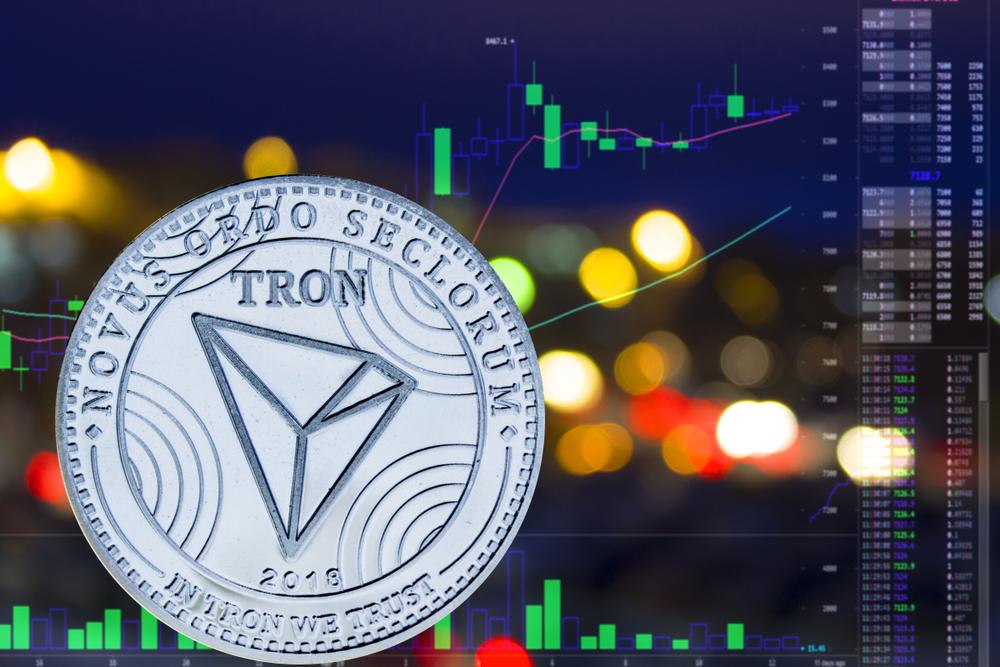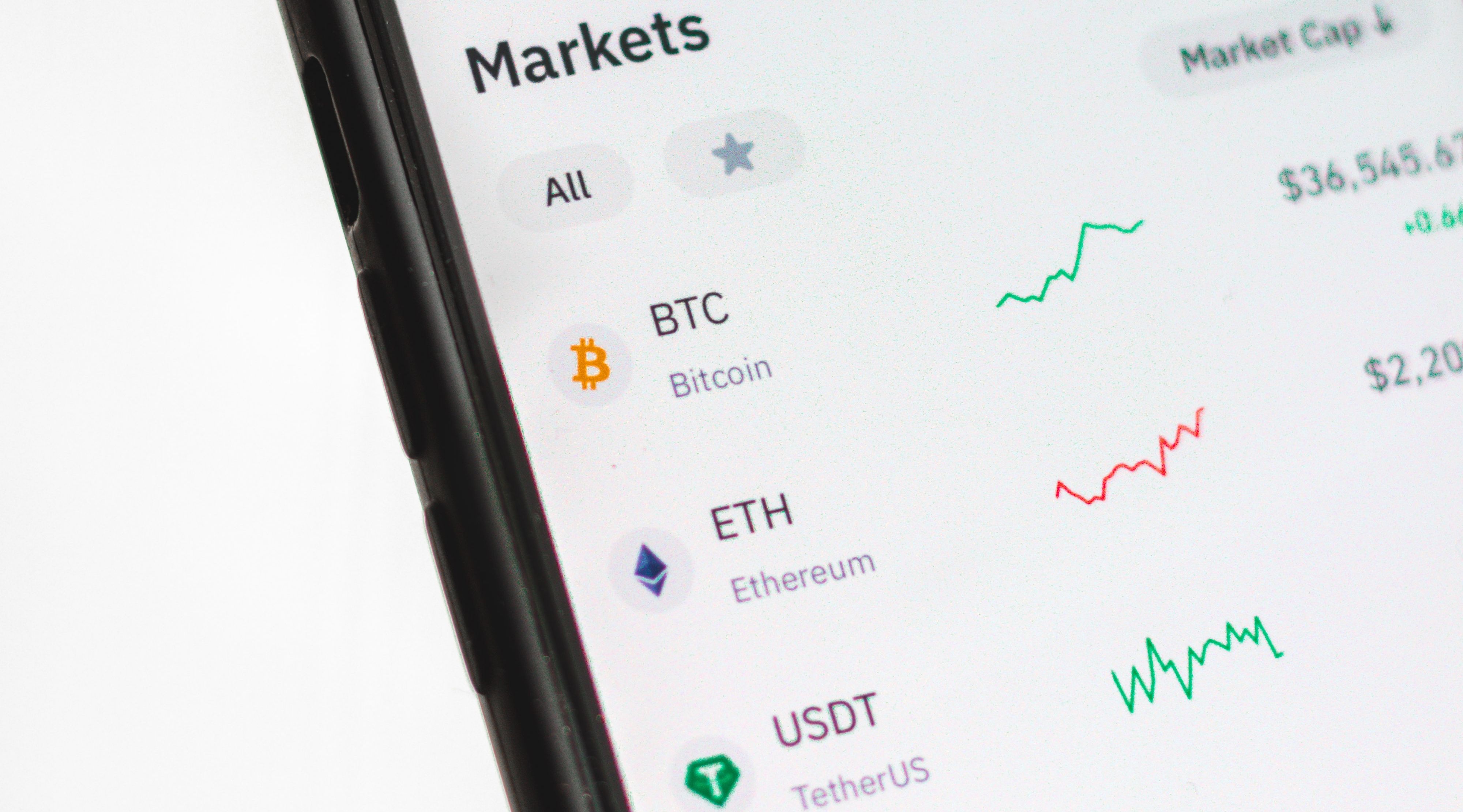NFT, online fantasy sports and rights to players and creators

In the later years, online fantasy sports (OFS) has become increasingly popular, with millions of people in India participating in various games and tournaments. Now, with the rise of NFTs, new companies are getting in on the action, using NFTs to enhance the gaming experience.
NFTs, or non-fungible tokens, are digital assets that are verified on a blockchain and have a unique identity that makes them irreplaceable. These tokens have been used to create digital art, music and even virtual real estate. In the context of online fantasy sports, NFTs are used to create unique player cards that can be traded, bought and sold on various marketplaces. In India, IPL has become the new playground in India for players in online fantasy using NFT.
In this context, the recent Delhi High Court ruling on NFTs i Rario vs Striker case, has far-reaching implications for OFS as well as the Web 3 sector. The court ruled that NFTs are a freely available technology and no one can claim exclusive rights over their use.
The Delhi High Court also held that the use of celebrity names and images for purposes such as satire, parody, art and news is protected under Article 19(1)(a) of the Constitution and will not infringe the right of publicity. This decision has significant implications for the use of player names and images by fantasy sports platforms.
The court’s decision is welcome, as it upholds the principles of innovation and free access to technology. It is important to recognize that NFTs are a technology that can be used for a variety of purposes, from creating unique digital art to enhancing the experience of playing online games. By ruling that NFTs are freely available, the court has made it clear that no one can claim exclusive ownership of the technology or its use.
The court’s decision recognizes the importance of freedom of speech and artistic expression in a democratic society. It rightly notes that using celebrities’ names and images for purposes such as satire and art is a protected form of expression under the Constitution. This means that fantasy sports platforms can use player names and images for commercial gain, as long as it is done within the boundaries of artistic expression and freedom of expression.
The court also rightly noted that there is no difference between OFS games with NFT-enabled player cards and regular OFS games when it comes to the use of a player’s name, artistic impression or photograph. The use of these elements is fundamental to the game and its enjoyment for players. The fact that NFTs are involved does not change this fundamental aspect of the game.
The Delhi High Court’s ruling is a positive development for the NFT industry and for technology in general. It upholds the principles of innovation and free access to technology, while recognizing the value that NFTs can bring to various industries. As the use of NFTs continues to grow, it is important that courts and regulators continue to support their use in a way that benefits all stakeholders, from creators to consumers
However, it is important to note that the ruling does not give carte blanche to the use of NFTs in the sports world. For example, it does not give individuals the right to create NFTs that infringe the rights of athletes or any sports associations. As with any new technology, it will be crucial to create a comprehensive legal framework to protect the interests of all involved.
But until then, the High Court’s interim decision will serve as an important precedent, one that will pave the way for greater adoption of NFTs among the masses, allowing artists and individuals to fully exploit the potential of this new technology. If properly encouraged and nurtured, this will open up new opportunities for all creators, far beyond the world of fantasy sports.
By: Arti Shrivastava, Practicing Advocate
NFTs, or non-fungible tokens, are digital assets that are verified on a blockchain and have a unique identity that makes them irreplaceable. These tokens have been used to create digital art, music and even virtual real estate. In the context of online fantasy sports, NFTs are used to create unique player cards that can be traded, bought and sold on various marketplaces. In India, IPL has become the new playground in India for players in online fantasy using NFT.
In this context, the recent Delhi High Court ruling on NFTs i Rario vs Striker case, has far-reaching implications for OFS as well as the Web 3 sector. The court ruled that NFTs are a freely available technology and no one can claim exclusive rights over their use.
The Delhi High Court also held that the use of celebrity names and images for purposes such as satire, parody, art and news is protected under Article 19(1)(a) of the Constitution and will not infringe the right of publicity. This decision has significant implications for the use of player names and images by fantasy sports platforms.
The court’s decision is welcome, as it upholds the principles of innovation and free access to technology. It is important to recognize that NFTs are a technology that can be used for a variety of purposes, from creating unique digital art to enhancing the experience of playing online games. By ruling that NFTs are freely available, the court has made it clear that no one can claim exclusive ownership of the technology or its use.
The court’s decision recognizes the importance of freedom of speech and artistic expression in a democratic society. It rightly notes that using celebrities’ names and images for purposes such as satire and art is a protected form of expression under the Constitution. This means that fantasy sports platforms can use player names and images for commercial gain, as long as it is done within the boundaries of artistic expression and freedom of expression.
The court also rightly noted that there is no difference between OFS games with NFT-enabled player cards and regular OFS games when it comes to the use of a player’s name, artistic impression or photograph. The use of these elements is fundamental to the game and its enjoyment for players. The fact that NFTs are involved does not change this fundamental aspect of the game.
The Delhi High Court’s ruling is a positive development for the NFT industry and for technology in general. It upholds the principles of innovation and free access to technology, while recognizing the value that NFTs can bring to various industries. As the use of NFTs continues to grow, it is important that courts and regulators continue to support their use in a way that benefits all stakeholders, from creators to consumers
However, it is important to note that the ruling does not give carte blanche to the use of NFTs in the sports world. For example, it does not give individuals the right to create NFTs that infringe the rights of athletes or any sports associations. As with any new technology, it will be crucial to create a comprehensive legal framework to protect the interests of all involved.
But until then, the High Court’s interim decision will serve as an important precedent, one that will pave the way for greater adoption of NFTs among the masses, allowing artists and individuals to fully exploit the potential of this new technology. If properly encouraged and nurtured, this will open up new opportunities for all creators, far beyond the world of fantasy sports.
By: Arti Shrivastava, Practicing Advocate





















